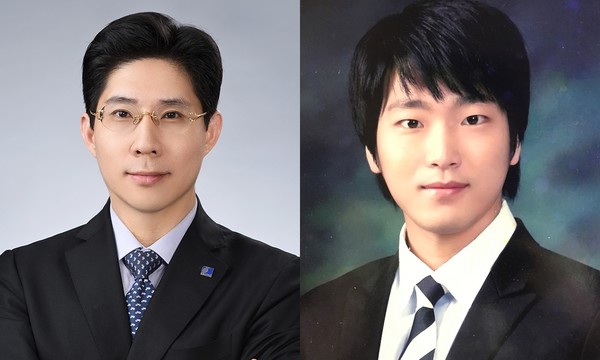Researchers at Seoul National University Bundang Hospital (SNUBH) have developed the world's first image- and gene-based precision-medical cochlear implant surgery, the hospital said Thursday.

"When patients receive a cochlear implant, they can reuse their auditory function, thereby providing overall help in language development and communication," the hospital said. "Since the degree of improvement after surgery differs for each patient, however, hospitals have to consider various factors such as the selection of an appropriate device, surgical technique, and the timing of cochlear implantation to obtain the optimal surgical effect."
Therefore, the team, led by Professor Choi Byung-yoon and Doctor Lee Sang-yeon at the hospital, has established a precision-medicine cochlear implant surgery technique based on images and genes through several research results.
The team analyzed 38 patients who underwent an artificial cochlear implant surgery using slim modiolar electrodes at SNUBH from 2018 to 2019. The team confirmed that the smaller the cochlea's size, the longer the distance between the electrode and the neuronal cells after electrode insertion when using the same surgical technique.
Using this information, the researchers concluded that they should adjust the electrode insertion depth, considering individual cochlea’s size.
They also developed a new image evaluation index that can check the distance between the electrode and neuronal cells at a glance. This indicator can maximize accessibility by checking the distance between electrodes and neuronal cells in real-time during surgery, the hospital said in a news release on Thursday.
The team also presented the basis for more precise medical cochlear implant surgery through a study that analyzed the difference in hearing loss progression according to gene mutations.
According to Professor Choi's team, the study, which compared and analyzed patients with hearing loss caused by mutations in the SLC26A4 gene and the GJB2 gene, the most common cause of hearing loss in children, is meaningful in that it quantified the difference in the progression of hearing loss caused by genetic mutations for the first time in the world.
"Since we perform personalized cochlear implantation through preoperative imaging and genetic analysis, we can maximize efficacy if the patient receives the treatment promptly," Professor Choi said.
The results of the research were published in both the Scientific Reports and Ear and Hearing.

